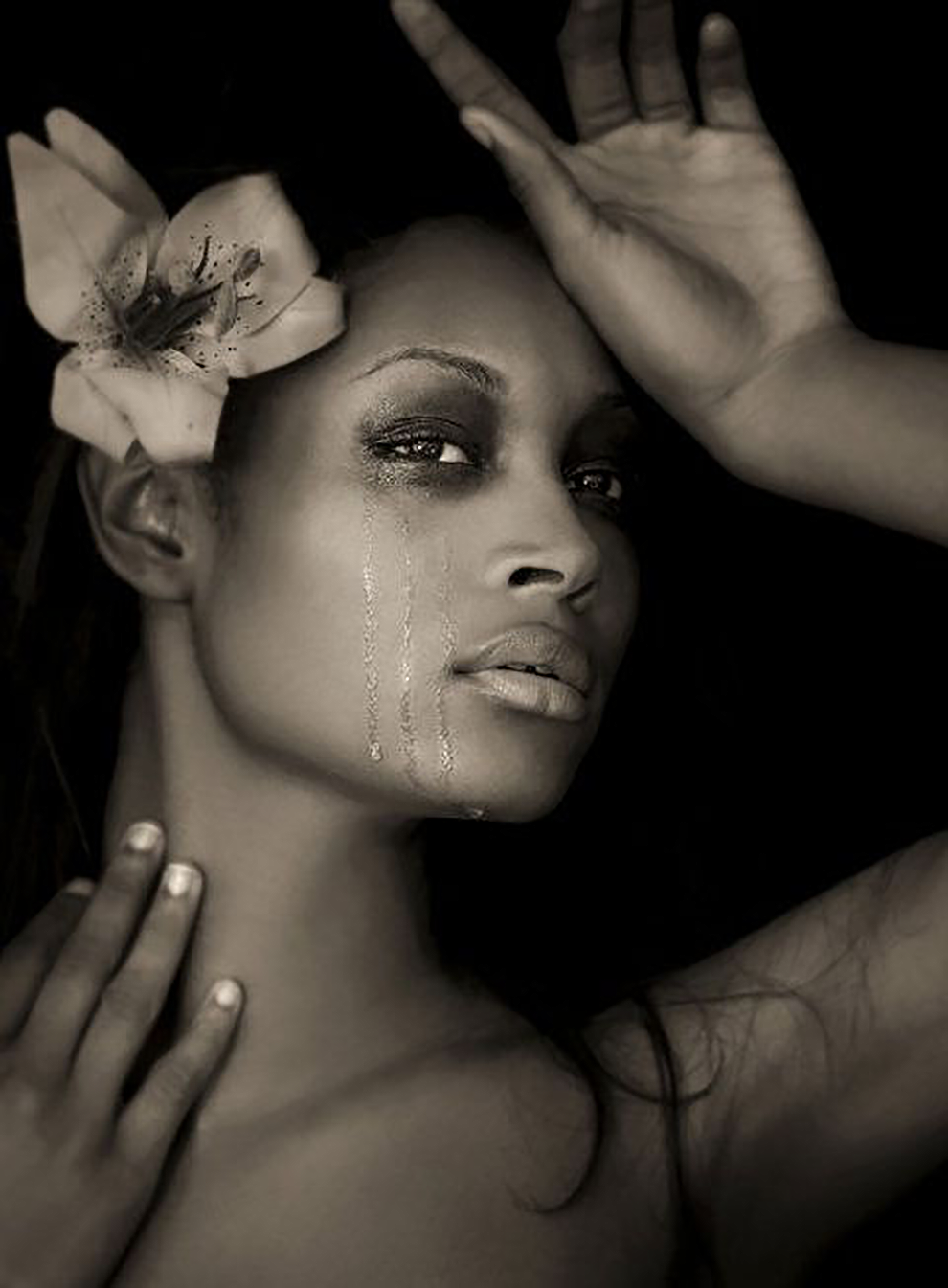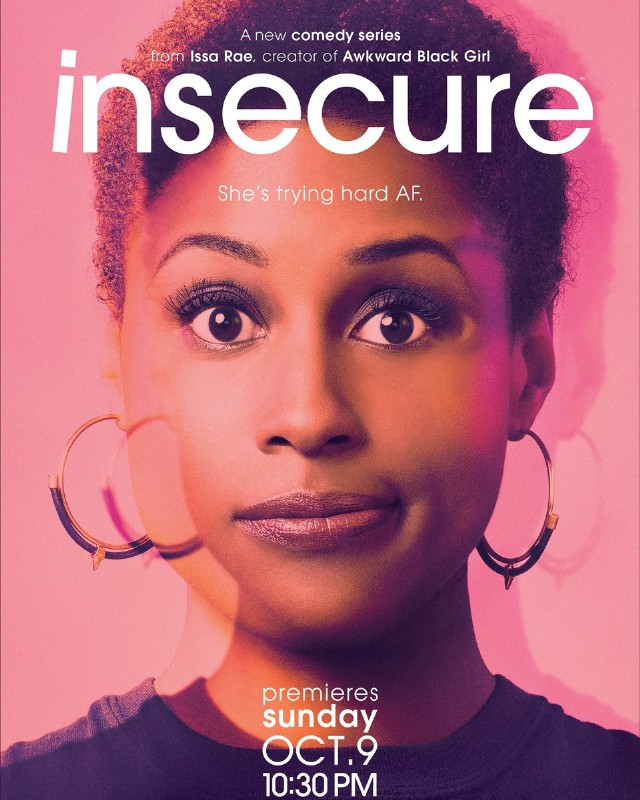Mothers Who Contribute To Their Daughter’s Oppression
Black women in America have been subjected to a lot of things from racism, sexism, classism, and even single parenthood due to the fact that many black women are being abandoned by partners and spouses. Yet the young black women of today who are in college and/or doing something with their lives are in fact shamefully the victims of their mother’s “advice” which usually consists of ridiculing, criticizing, belittling, and even humiliating. Yet when it all comes down to basics young black women are having to suppress their own dreams and ambitions because of the fact that their mother’s tell them things that can harbor their personal growth. There are some very selfish women out there who are busy submerging their daughters in their own misery to want them to have better. A lot of young black women have issues with themselves and how they perceive the world when it comes to their own life because what they do isn’t up to standards in mom’s eyes. Most young black women hear over and over about how “God” will make a way for them as a means to almost prevent them from living their lives the way they should be living it.
A lot of older black women envy their daughters because of the fact that many of them have more choices than what their mother had 25-30 years ago. Many of them now have more career choices and even more opportunities that were not offered to black women years and generations ago. Most black women have to push themselves in a micromanaging, overachieving fashion in order to not be subjected to their mother’s wrath of belittling and even more downplaying her in general. The part of getting out into the world is to be able to meet new people and even more enjoy the benefits that life has to offer. As a woman you have to look at the intent of those around you primarily your mother when it comes to how you live your life. It seems as if some African-American mothers are too focused at trying to construct their daughters into the person they want them to be instead of valuing and appreciating them for being the unique persons that they are. As the generations pass most black women are having a hard time with the fact that their daughters are going to find their own way in life.
Very few African-American mothers give their daughters support when their freedom does not directly benefit them in some way. Young black women who were born in the 70s, 80s, and 90s have more opportunities educationally and career wise. Many black women that raised daughters alone have felt that they were deprived of a life meaning a chance to date and even remarrying again because of the stigma that’s attached to the notion that women with a child or children are too much to handle and many black women feel like their lives are being slowly sucked away from them whereas their daughters are rising up in their own lives. The fact that many young black women are dealing with having their lives under a microscope and having to be subjected to constant ridicule and criticism to where your self-esteem feels like it’s been slammed to the ground and stepped on. Black women in their 20s and 30s have to build their sense of independence in virtual secrecy just so that it doesn’t come under fire of their mother’s harsh and at times over-redundant criticism and ridicule.
Yet many mothers feel that what they say is out of love, but in many ways it’s destroying their daughters because few find positive reinforcement from their mothers without the constant need to hear the nagging, and other types of belittling that seems to be a regular thing for some young women who are having to deal with difficult mothers. Yet it’s becoming a highly talked about subject because author and lecturer Rebecca Walker, daughter of Pulitzer-prize winning author Alice Walker discusses the turbulent relationship between her and her mother and even quoted her as saying she “resigned” as her mother which explained the hurtful things her mother had said to her, but the bitter estrangement came after Rebecca became pregnant in 2004 when Rebecca’s mother had came across a section of her daughter’s memoir titled Black, White and Jewish: Autobiography of a Shifting Self and it resulted in a lengthy heated battle of wits and Rebecca being called some pretty nasty things. Alice’s anger towards her daughter had left Rebecca pretty shaken up. Wikipedia had listed a quote that Rebecca said describing her mother taken from Black, White, and Jewish as a “Dispassionate woman who neglected her”.
It goes into Walker’s upbringing when she divided her time between her father’s home in New York and her mother’s home in San Francisco each for two years. Alice’s resentment was a direct result of her own upbringing which was fueled by the injustices of society and how blacks especially women were treated in the south having been born in a family of 8 children in Georgia (the setting for Walker’s novel The Color Purple) whereas her daughter was an only child and wasn’t having to deal with much of the racial and even gender injustices of the south during her generation. Rebecca felt like she was more of an embodiment of her mother’s political and social views than being a valued daughter. Rebecca has since made a life for herself with her son Tenzin, and her partner (her MySpace page says she’s married–even though articles claim she and Glen are domestic partners) and son’s father Glen in Hawaii. When a young black woman achieves a higher level of success than her mother this can put a serious strain on the relationship. This is because the mother would have felt that she could have accomplished more in her life.
This comes at a heavy price for some young women where they’re estranged from their mothers because they can’t even have a conversation without coming under fire from their mother’s unnecessary and unwarranted comments. Black women have always had some negative look at themselves which has emerged in the form of poor self-image of mind and body which is seen with eating disorders and even abusive relationships. Black women are the lowest ethnic group to have successful relationships and even marriages due to the fact that it’s even more difficult to have relationships without their mother dissecting their lives and sticking it under a microscope to judge. This also goes forth into why so many black women today are engaging in the bisexual and lesbian lifestyle because it was not about the lack of a father, but also the lack of a mother’s love. Walker said that as a little girl she wasn’t allowed to play with dolls or even stuffed animals to curb a maternal instinct. Black women have a confusing, difficult and even sometimes disturbing relationship with their mothers.
Alice Walker’s ideology was that having children was a burden since she viewed it as a form of servitude and saw that having her daughter was a ‘distraction’. The fact that Rebecca was treated like a burden since she’s said that her mother put her off on friends and relatives and was considered a low-end priority in her mother’s life. Published reports that when Rebecca got into one of the best schools in the country–Yale University her mother simply showed no emotion for her daughter’s accomplishments, but that didn’t stop Rebecca from graduating cum laude in 1992. Yet it lead to a lot of public competition between Alice and Rebecca because when she started writing and publishing her mother stepped it up by trying to do the same thing to overshadow her daughter.
The bottom line was that many young black women today are having to push even harder to grow into the women they were meant to be because their mothers have/may have some unresolved issues with themselves which has affected the relationship they have with their daughters which may explain how they turned out as women today. Much of Alice Walker’s ideologies were to force women to think about themselves instead of being mothers and wives who has hurt generations of young women who are not marrying or having children as readily as they did before simply due to the strained relationships they had with their mothers.
Nafeesah R. Abdullah





